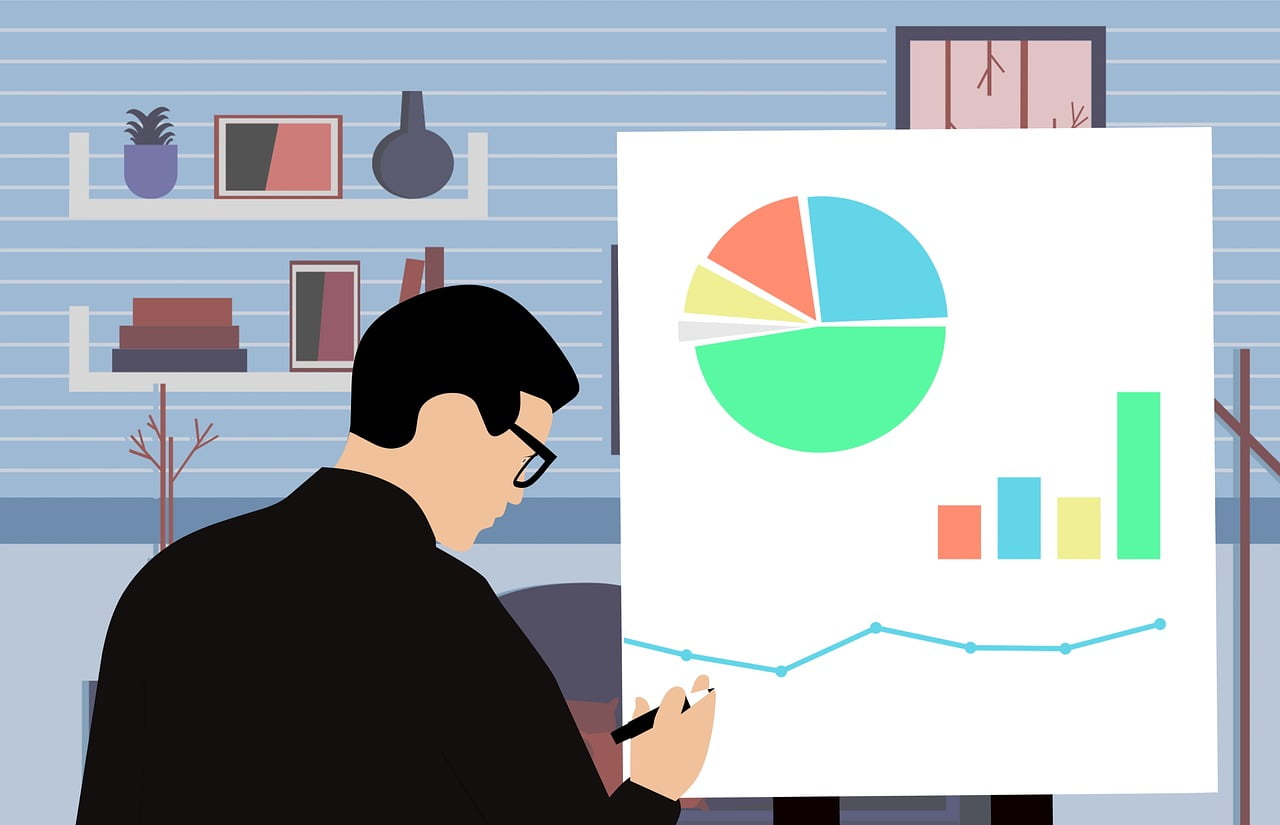While essential workers have borne the brunt of the “new normal”, there’s an untold story for non-essential workers.
Q1 2020 hedge fund letters, conferences and more
On Blind, an anonymous professional network with 3.6+MM verified users, there was an influx of posts regarding COVID-19, layoffs, and other challenges tied to the pandemic. Below are key learnings from the perspective of non-essential workers:
Non-Essential Workers: Key Learnings as of May (~2,000 responses)
Q1: In response to the novel coronavirus, work has been divided into two categories: essential and non-essential. Which category do you fall into?
- 27% of professionals answered “I'm not considered essential or I don't think I am, but I'm still working. My work doesn't feel particularly important or meaningful.”
- Overall, tech professionals (33%) feel they are more essential than finance professionals (28%).
- 40% of Microsoft professionals state that “I'm not considered essential or I don't think I am, but I'm still working and my work feels important and meaningful.”
- 32% of professionals consider themselves to be essential workers
- 50% of Intel Corporation professionals consider themselves to be essential
- 30% of Amazon professionals consider themselves to be essential
Q2: Are you concerned about your job security for the near future?
- 30% of professionals who answered “I'm not considered essential or I don't think I am, but I'm still working. My work doesn't feel particularly important or meaningful” are constantly worried about their job security
- 27.5% of Uber professionals are constantly worried about their job security
- 40% of Google professionals are “not at all” worried about their job security
- 55% of Microsoft professionals are occasionally worried about their job security
As this “new normal” continues, the fears of non-essential workers range from relevance, job security, and existential feelings. We hope to use our platform to amplify the voices of the everyday professionals who are not in the frontlines, but still at work. Would you be interested in sharing their stories?





